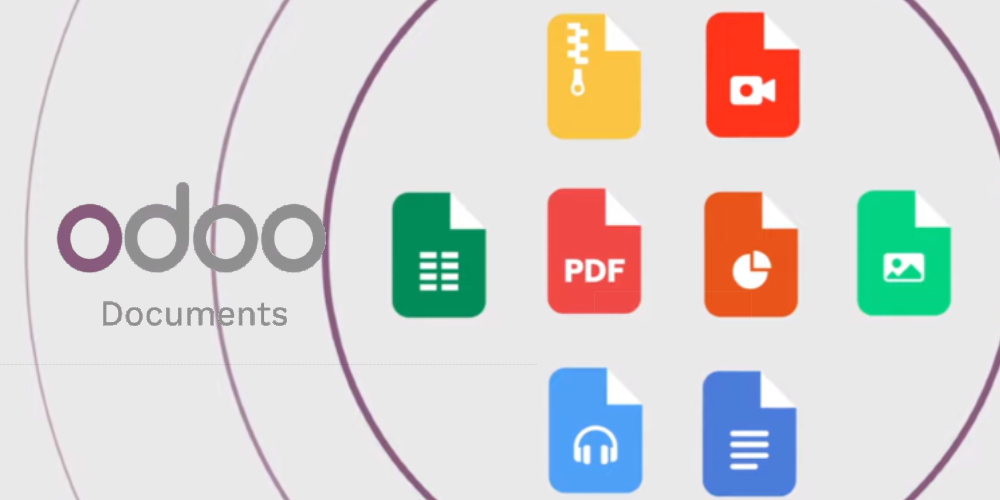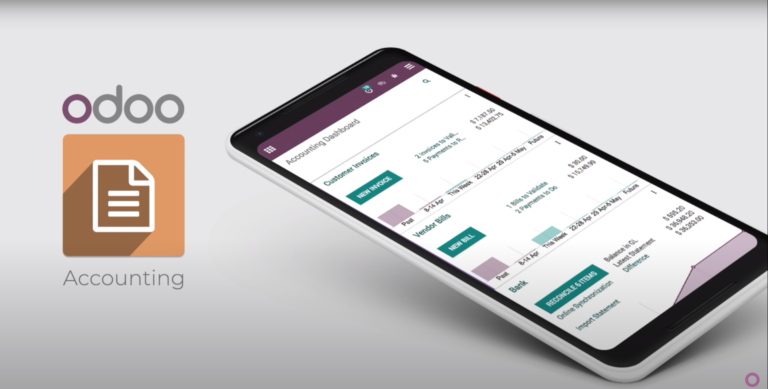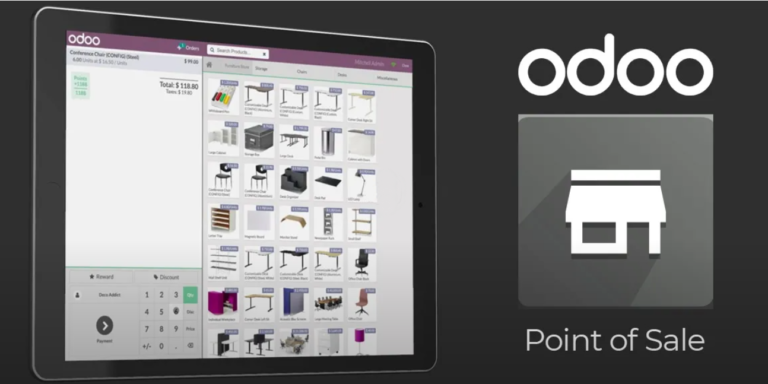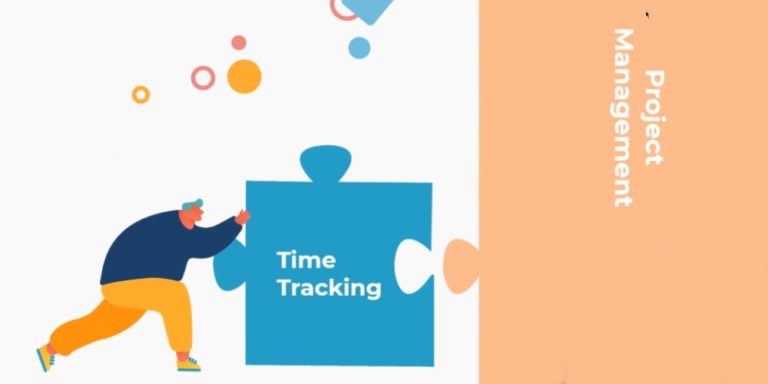Document Management System, Your First Step Towards Paperless Office
With the advent of the so-called fourth industrial revolution, the way we do business is going to change. According to an article from the Salesforce website, the fourth industrial revolution is the integration of artificial intelligence(A.I.), robotics, Internet of Things(IoT), genetic engineering, quantum computing to name a few. Some are ready to embrace this change, others with some resistance. But the truth is that, whether we like it or not, the new way of working is fully aligned with the change that digitization has brought about, where productivity came to make the difference between the success or failure of a company. In this area, efficiency and collaborative work are the engines that push the digitization of processes and transitioning to a paperless system through tools such as a DMS,
What is a DMS?
A document management system or DMS allows you to quickly store, archive, organize and search large quantities of documents. And that’s not all. Furthermore, this type of software is capable of recording, in real-time, the modifications made by various users in a collaborative environment, keeping a record of the various versions created and modified by different users (history tracking).
Aside from storing and tracking documents, a DMS also indexes your files. Text files, audio, video, and images, or any other files, can be accessed through a simple search in this tool, where among other functionalities, emails can be perfectly integrated, all in the same ecosystem. Keywords, categories, or metadata are part of the document management system to enhance the speed of search results.
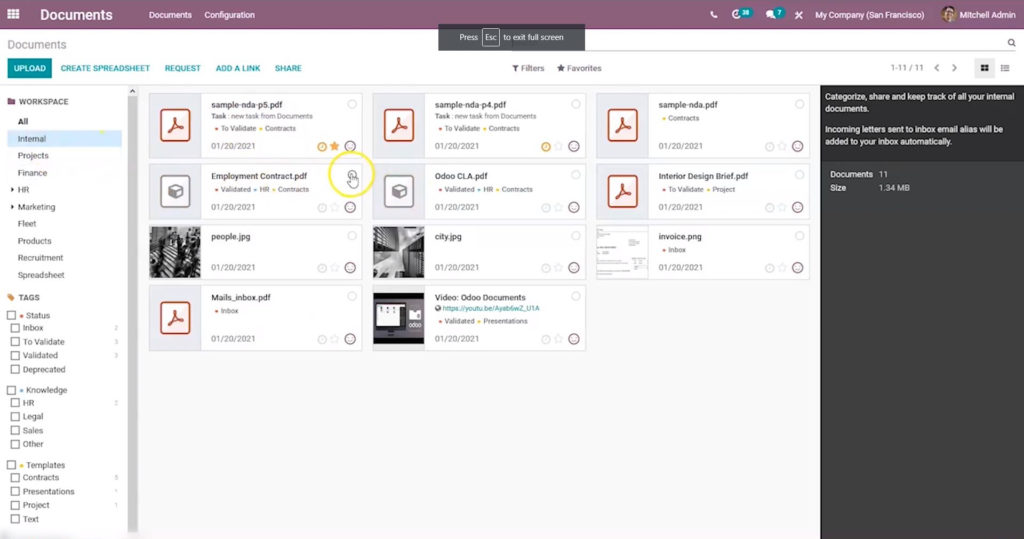
What is the purpose of a Document Management System?
With a DMS, your office productivity can drastically improve. It will be easier to find different categories of documents related or organized by creator, code, content type, creation date, last modified, or any other custom criteria.
With the restrictions imposed by the pandemic that limits contact between people, the traditional paper-based documentation almost entirely changed. Today the emphasis is on the management problems that remote work can generate and the contribution that remote digital solutions can make to keep work teams connected and aligned with company objectives.
Although the initial investment might be costly, DMS in this sense saves management time, reduces costs, and improves the experience of internal and external customers. Just imagine the time, paper, storage space you will save if your company will use a DMS. Searching for a document will just be a breeze, there will be no need for bulky steel cabinets to store important documents, you’d no longer need to maintain printers and photocopying machines if your company will transition to a fully paperless system. In fact, it can be a useful and practical tool for contract administration, especially in a legal department where it can be perfectly complemented with a CLM ( Contract Lifecycle Management) that is in charge of the dynamic and systematic management of contracts from the beginning, until award, compliance, and renewal.
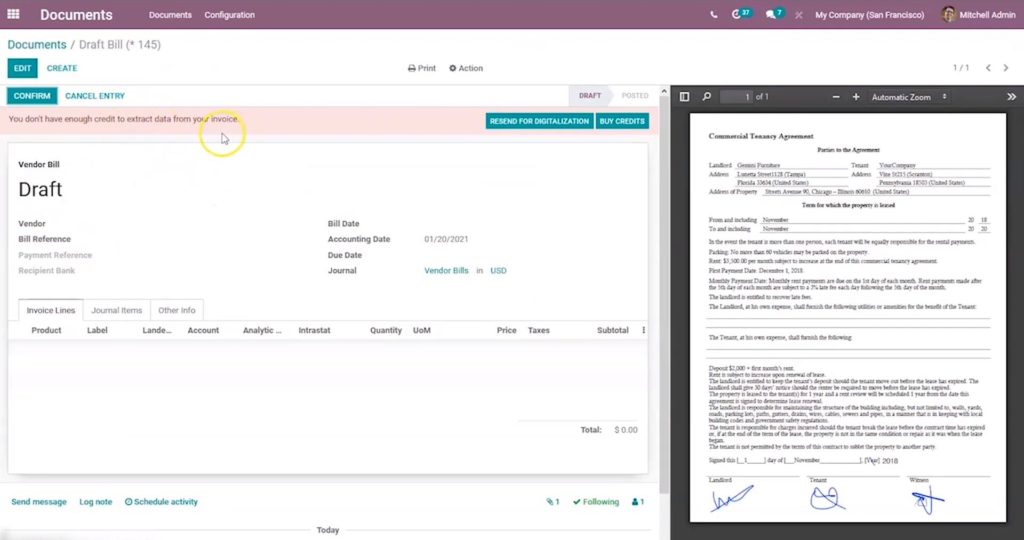
Allows you to intelligently organize your data
The organizational hierarchy is one of the key aspects to consider when using document management software, especially when it comes to companies that handle high volumes of data. In this sense, a DMS becomes an ideal strategic tool, since it allows real-time control and order of all versions and updates of each document in question, thanks to its functionalities such as categorization, labeling, and classification of the documents themselves.
Accessibility to shared documents
Thanks to a DMS, company documents can be distributed both internally and externally, in addition to sharing them with the corresponding restrictions and access for each user. In this way, the use of paper can be permanently eliminated, greatly contributing to the environment.
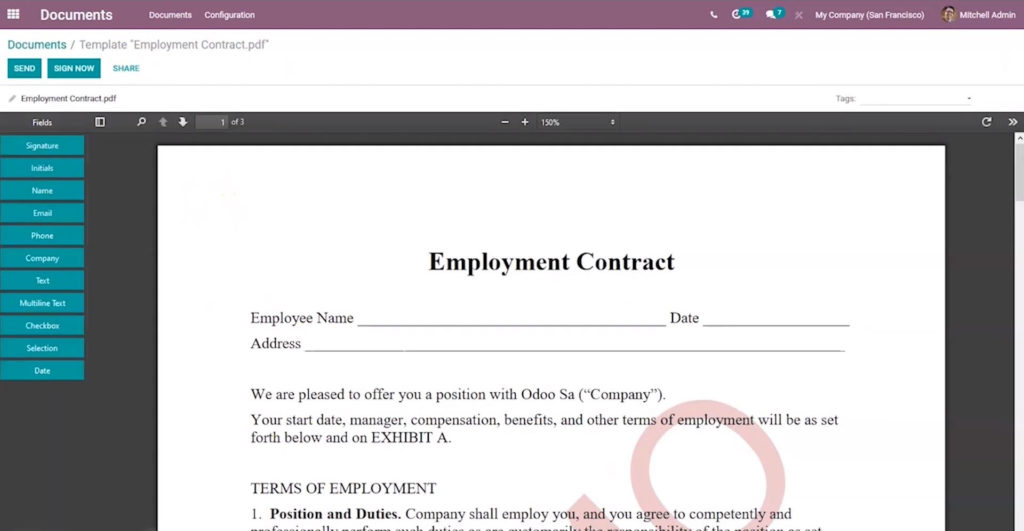
Integration with other tools
Another important use of DMS is its easy integration with other business management tools, such as Microsoft Office, CRM such as Salesforce, Contract Management Software such as Webdox CLM, or CMS Content Management Systems.
Experience what a DMS can do for you with Odoo‘s Document and Sign modules. Contact Vetter System for a Free Demo and Trial of our DMS and other modules. In our next article, we will discuss what are the advantages of using a DMS over the traditional paper-based documentation system.

